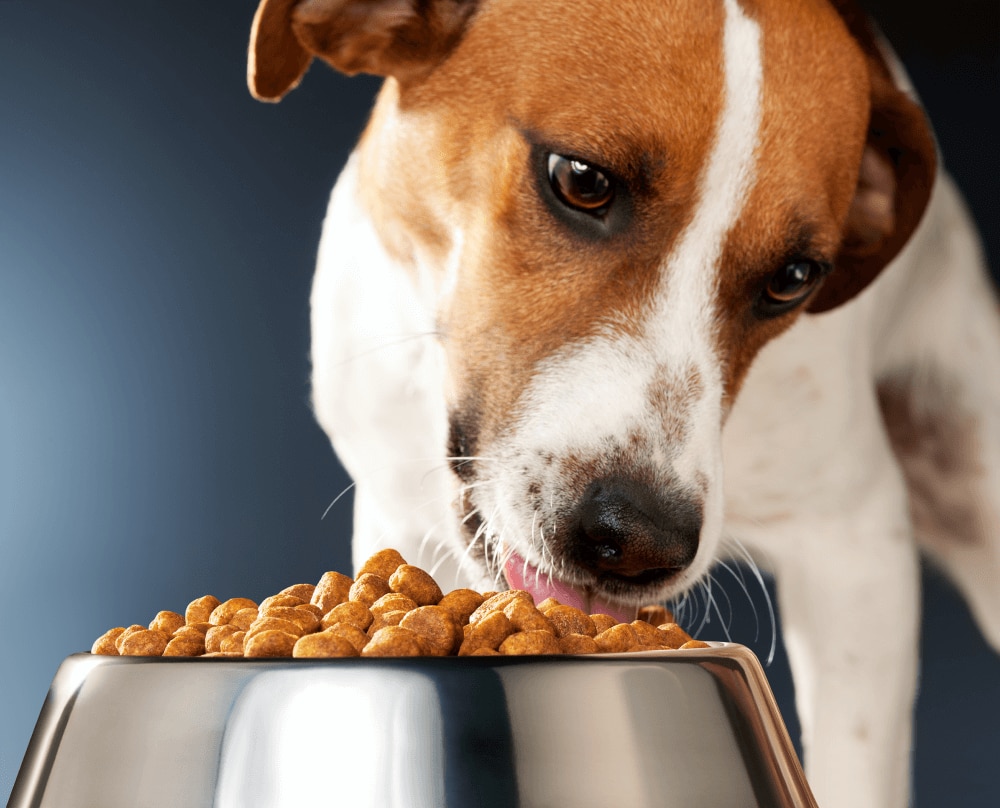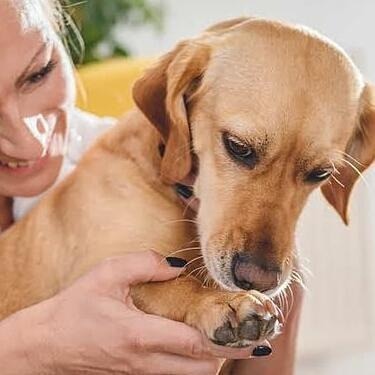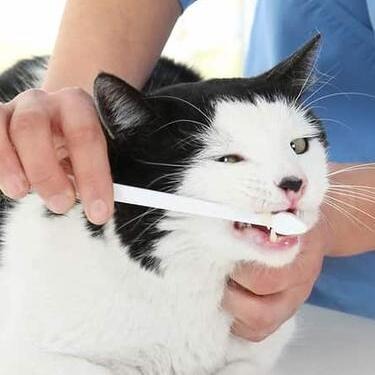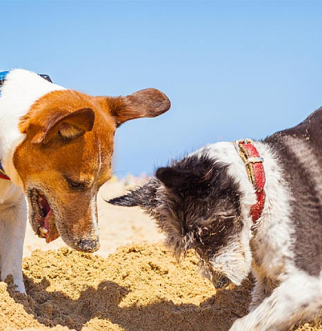

Chances are, when you first adopted your dog, you imagined a future when you and your pup spent as much time together as possible. Whether chasing balls at the park or cuddling on the couch, you thought you'd be best pals. Instead, you find yourself wondering, "I don't think my dog likes me!" Now, you're trying to figure out if it is you or your dog that is the problem here.
Aren't dogs supposed to be man's best friend? And if so, why doesn't yours seem to want to be very physically close to you?
Why Are Some Dogs Not Affectionate?
If you're thinking, "I don't think my dog likes me," because your dog isn't affectionate toward you, don't take it personally. There are many reasons why dogs don't show a lot of affection. First, if your dog was adopted, his former home may have improperly cared for them — or worse, abused them. If so, your dog may have trust issues or even feel afraid of humans.
Additionally, just like some humans, your dog may enjoy his personal space. Not everyone enjoys a lot of physical closeness. Animals and humans alike have different attitudes toward petting, physical proximity and cuddling. And dog cuddling behavior varies from pet to pet.
There's no easy answer to how to make a dog like you more. Dogs can also be territorial or consider another member of the family as their best friend. If your dog shows affection toward other members of the family, or you're being introduced to the dog for whatever reason, it just may take some time for them to warm up to you.
Finally, your dog may simply be showing their affection for you in other ways. Don't miss the signs they care, just because you hoped they'd show affection by cuddling. Their likely already showing you in a different manner.
Dogs Show Affection in Many Ways
It's a bummer to discover that you and your pet don't speak the same love language. You may ask, "Why doesn't my dog sleep with me?" or, "How come my dog doesn't want to sit with me anymore?" But just because your dog doesn't meet your expectations, it doesn't mean they're incapable of showing that they care.
Dogs aim to please their pet parents, and every pet is different; consider how your dog may be seeking your attention. It could be as simple as chasing and retrieving a ball or stick. By playing along, it's as if your dog is saying, "I have brought you this gift of a slobber-and-dirt-covered ball because I care about you." If you run with your pet, notice how he keeps your pace. If you let them, your dog would probably outrun you from the start, but their training and desire to please is just another way to show that they care. If you haven't already, try to teach your dog to sit and see how they respond.
There are many other possible signs of affection, as well as ways to get a dog's attention. Do you come home from work to see your dog staring out the window, waiting for you to return? Do they bring you a toy or treat to share with you in moments when you aren't playing? Though your dog may not like to cuddle on your lap, they may be trying to show you how happy they are in your presence — just look for the clues.

A meal for a shiny, pettable coat
Our Sensitive Stomach & Skin Grain Free dry dog food provides a highly digestible recipe plus a prebiotic fiber. It includes vitamin E & omega-6 fatty acids for beautiful skin & coat nourishment. So appeal to your dog's vanity. Give them a nice looking coat.
A meal for a shiny, pettable coat
Our Sensitive Stomach & Skin Grain Free dry dog food provides a highly digestible recipe plus a prebiotic fiber. It includes vitamin E & omega-6 fatty acids for beautiful skin & coat nourishment. So appeal to your dog's vanity. Give them a nice looking coat.
Know Your Pup's Baseline
Not all dogs are affectionate – sometimes a dog doesn't like to cuddle! But if your dog once was cuddly and suddenly isn't, consider this a sign that something could be wrong. Any major changes in your dog's behavior or activities may warrant a trip to the veterinarian to make sure there are no other issues, such as an illness or injury.
Finally, if you want to encourage more cuddles from your pet, you'll have to work on training them to be more affectionate. Based on their personality, set reasonable goals. Maybe you can train your pet to give high-fives or praise them with a healthy treat every time they let you pet their head for a short moment. Never let food be your main source of affection because you'll teach them bad habits and, worse, you can put their weight at risk by overfeeding him.
Remember that positive encouragement is the key to success. The more you motivate your dog, the more they'll be willing to show affection — within the boundaries of their personality.


















